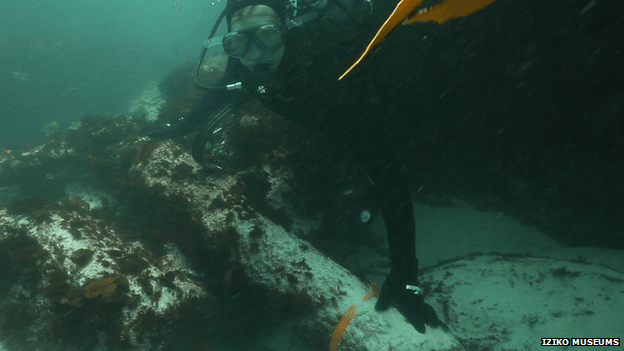Another hiccup has occurred in scientists’ theory about human evolution: yet another “new species” has been found, and this time it is in Ethiopia, according to the science journal Nature.
SEE ALSO: OLDEST TOOLS FOUND IN KENYA, PREDATES PREVIOUS OLDEST TOOLS BY 700,000 YEARS
Keep Up With Face2Face Africa On Facebook!
In the Afar region of Ethiopia, scientists recently unearthed the remains of four individuals, which they labeled as a new species called “Australopithecus deyiremeda” or “close relative” in the Afar language.
The researchers found jaw bones and teeth that reportedly date back to 3.3 and 3.5 million years ago.
Dr. Yohannes Haile-Selassie, lead researcher and curator of physical anthropology at the Cleveland Museum of Natural History in the United States, said of the discovery, “We had to look at the detailed anatomy and morphology of the teeth and the upper and lower jaws, and we found major differences.
“This new species has very robust jaws. In addition, we see this new species had smaller teeth. The canine is really small — smaller than all known hominins we have documented in the past.”
But the discovery has once again thrown off anthropologists’ theory that human beings came from one “direct ancestor,” Dinkinesh, a.k.a. Lucy or Australopithecus afarensis (pictured).
Dr. Haile-Selassie explains, “Historically, because we didn’t have the fossil evidence to show there was hominin diversity during the middle Pliocene, we thought there was only one lineage, one primitive ancestor – in this case Australopithecus afarensis, Lucy – giving rise to the next.
“That hypothesis of linear evolution has to be revisited. And now with the discovery of more species, like this new one… you have another species roaming around.
“What this means is we have many species that could give rise to later hominins, including our own genus Homo.”
Other species that reportedly lived at the same time as Lucy and the newly discovered Australopithecus deyiremeda are the Kenyanthropus platyops of Kenya, which was discovered in 2001, and the Australopithecus bahrelghazali of Chad, which was discovered in 1995.
Earlier this month, it was announced that Ethiopian student Chalachew Seyoum found the oldest human remains in history (also in the Afar region), which is 400,000 years older than the previous find in Hadar, Ethiopia.














